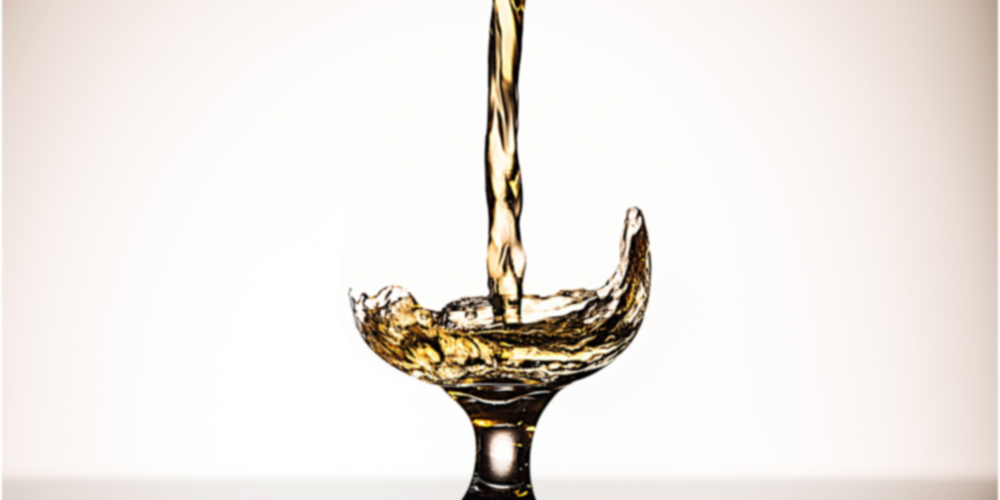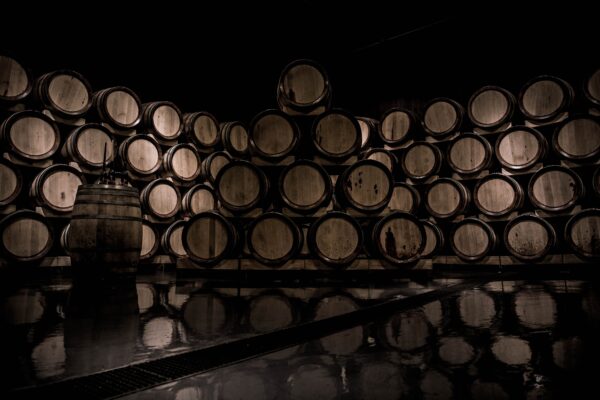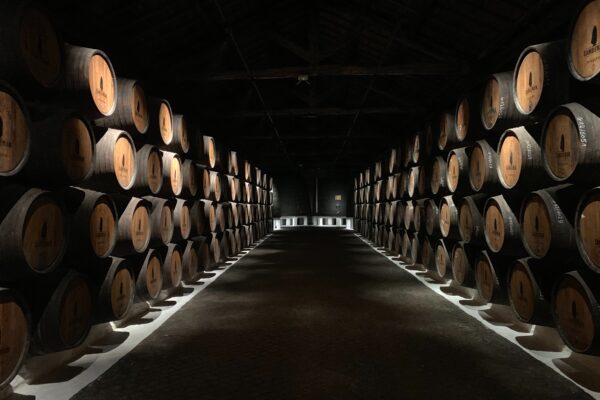Contrary to common belief, serving spirits requires just as much attention to detail as with wine. Temperature is an essential factor for good tasting conditions and must be just right. Another factor, which people tend to associate more with wine tasting, is aeration, which enhances spirits too. In this article, learn about the importance of service conditions for spirits.
Effect of temperature on the sensation of alcohol
Temperature is one of the keys to a successful tasting experience. Serving a spirit too cold can inhibit its aromas and have a negative effect on the taste. Conversely, serving spirits too warm can make their alcohol too present or even burning hot. The reason for this is that alcohol evaporates more quickly at higher temperatures and masks the aromas in the drink.
You therefore need to know what temperature is right for your spirit. Serving spirits at between 17°C and 20°C will reveal more of their character and is therefore ideal. However, depending on the time of year, you may prefer to drink spirits at a slightly warmer or cooler temperature. In winter, serving a whisky at 16°C can be unpleasant – a temperature of around 20°C will make for a more enjoyable experience. Contrastingly, in summer, you need to consider that your whisky or cognac is likely to warm up quickly due to the heat.
How to serve spirits at the right temperature
Using ice is the most common way to remove the burning taste of alcohol. However, care should be taken if you do this, as it may harm your spirit by diluting it. Some whisky lovers prefer to add water. A drop of water in your whisky helps to extract more aroma and reduces the impression of alcohol. Moreover, it is recommended to use mineral water from the whisky’s region of origin.
Placing your glass in the fridge also works and will avoid subjecting your drink to the thermal shock of putting an ice cube in it.
Another alternative are Finish soapstones, which you can keep in the freezer and use instead of putting ice in your glass. The advantage of these is that they chill your spirit without diluting it.
Aeration: a delicate variable
Once you have served a few glasses, your bottle of spirits will be partly empty (this empty part is known as head space). This is the point when your spirit will start to deteriorate. When this head space becomes significant, the amount of air in the bottle will, broadly speaking, start to oxidise the spirit. This oxidation may cause undesirable aromas and even make spirits lose their flavour or taste musty.
Aeration, like temperature, is thus a variable to be carefully managed. With not enough aeration, your whisky might lack punch, but with too much, it might become spoiled.
Benefits of aeration
When you open a bottle of whisky and pour it in your glass, you may notice that its aromas evolve with time. It is this oxygenation phenomenon that produces different olfactory sensations during your tasting. It is even said that you should allow one minute of aeration for every year of age.
Conservation of spirits
There are a few ways to keep spirits from going off:
- Pouring them into a smaller bottle will considerably reduce oxidation.
- Adding neutral-tasting glass balls inside your bottle will reduce the amount of headspace.
As you can see, all of this can make storing and preserving spirits rather complex. There is, however, an alternative solution for conserving and preserving spirits, for all spirits lovers and the hospitality trade.
At dVine, spirits are now part of our offering. They come in the same flacon format as our wines – only this time in measures of 5cl – and are designed to allow you to serve a perfect glass of spirit. With the ideal tasting temperature and amount of aeration, the dVine ensures that every last drop of your spirit tastes its best.
More information
Now that you have learned about the importance of serving spirits right, learn more about how to serve wine. While the quality of your glassware and aeration are important factors, temperature also plays a fundamental role. Read our article to learn all there is to know: Wine Service Temperatures



